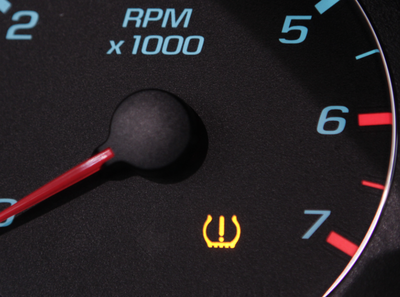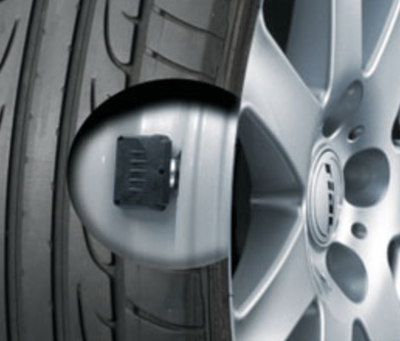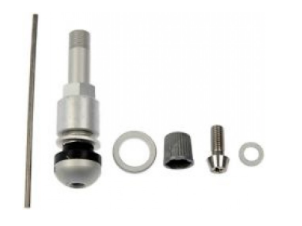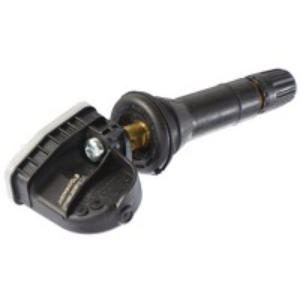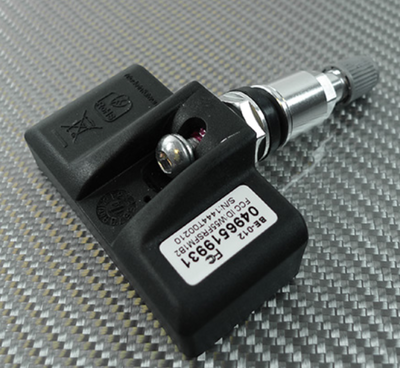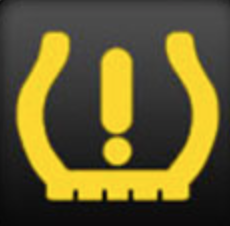Tyre Pressure Monitoring Sensors (TPMS)
Αισθητηρες πιεσης ελαστικων
We are happy to announce that we now offer our customers the option to purchase, program order and fit tyre pressure sensors. We also service all types of tyre pressure sensors and valves. Simply contact us and inform us of your car model, make and year of production and we will do the rest! You can also visit out online shop and order your valves for delivery.
Tyre pressure sensors have been around for more than 10 years but all newly registered cars are required to have them fitted by Law. This means that when your car is MOT'd the TPMS should be working just as all the other parts of your car.
What does a tyre pressure monitoring system do?
The Tyre Pressure Monitoring System (TPMS) is an automatic monitoring system designed to monitor the pressure of your tyres.
The system monitors tyre pressure and temperature at all times and alerts the driver if there are any problems in one or more tyres, allowing issues to be dealt with straight away to increase safety and other problems that can emerge due to under-inflation.
There are two different types of TPMS - indirect and direct.
Why use a TPMS?
There are numerous reasons to make sure your TPMS is working properly:
You're safer –It isn’t always obvious that your tyres are losing pressure. But tyres that are driven underinflated are more likely to suffer a sudden tyre failure. TPMS alerts you almost straightaway of any pressure loss.
It can save you money– The additional rolling resistance of an underinflated tyre means that your vehicle is less fuel efficient. In short, your engine will use more fuel, over time. And don’t forget, underinflated tyres are more likely to wear more quickly.
It's greener – With higher tyre rolling resistances and lower fuel economy, the cost to the environment is also higher. Pollution from your car, extra fuel being burnt and the premature end of tyre life all have a damaging effect on the environment.
Tyre pressure sensors have been around for more than 10 years but all newly registered cars are required to have them fitted by Law. This means that when your car is MOT'd the TPMS should be working just as all the other parts of your car.
What does a tyre pressure monitoring system do?
The Tyre Pressure Monitoring System (TPMS) is an automatic monitoring system designed to monitor the pressure of your tyres.
The system monitors tyre pressure and temperature at all times and alerts the driver if there are any problems in one or more tyres, allowing issues to be dealt with straight away to increase safety and other problems that can emerge due to under-inflation.
There are two different types of TPMS - indirect and direct.
- Some car marques have offered TPMS for many years but they typically use the 'indirect' TPMS system. This uses the car’s ABS system to approximate tyre pressures.
- Conversely, a direct TMPS gathers data straight from the tyre valve, giving a far more accurate reading. Direct TPMS is far more common among cars made after 2014.
Why use a TPMS?
There are numerous reasons to make sure your TPMS is working properly:
You're safer –It isn’t always obvious that your tyres are losing pressure. But tyres that are driven underinflated are more likely to suffer a sudden tyre failure. TPMS alerts you almost straightaway of any pressure loss.
It can save you money– The additional rolling resistance of an underinflated tyre means that your vehicle is less fuel efficient. In short, your engine will use more fuel, over time. And don’t forget, underinflated tyres are more likely to wear more quickly.
It's greener – With higher tyre rolling resistances and lower fuel economy, the cost to the environment is also higher. Pollution from your car, extra fuel being burnt and the premature end of tyre life all have a damaging effect on the environment.
Αισθητηρες πιεσης ελαστικων - Κυπρος Λεμεσος
Προσφερουν
Προσφερουν
- Τη βελτίωση της αποδοτικότητας των καυσίμων
- Αύξηση της διάρκειας ζωής των ελαστικών και την ασφάλεια της κυκλοφορίας
- Aποφυγή μη φυσιολογική φθορά των εξαρτημάτων του οχήματος.


